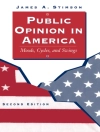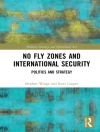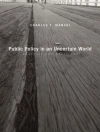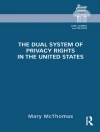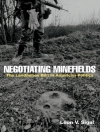‘State weakness’ is seen to be a widespread problem throughout Central Asia and other parts of post-socialist space, and more broadly in areas of the developing world. Challenging the widespread assumption that these ‘weak states’ inevitably slide toward failure, Paradox of Power takes careful stock of the varied experiences of Eurasian states to reveal a wide array of surprising outcomes. The case studies show how states teeter but do not collapse, provide public goods against all odds, interact with societies in creative ways, utilize coercion effectively against internal opponents, and establish practices that are far more durable than the language of ‘weakness’ would allow. While deepening our understanding of the phenomenon in Eurasia in particular, the essays also contribute to more general theories of state weakness.
Tentang Penulis
John Heathershaw (Editor) John Heathershaw is associate professor of international relations at the University of Exeter, UK. He has served on the board of the Central Eurasian Studies Society and the European Society for Central Asian Studies. He is the author of Post-Conflict Tajikistan: The Politics of Peacebuilding and the Emergence of Legitimate Order and coauthor of Dictators without Borders: Power and Money in Central Asia.Edward Schatz (Editor) Edward Schatz is associate professor of political science at the University of Toronto, where he is also director of its Central Asia Program. A former president of the Central Eurasian Studies Society, he is the editor of Political Ethnography: What Immersion Contributes to the Study of Power and the author of Modern Clan Politics: The Power of “Blood” in Kazakhstan and Beyond.




